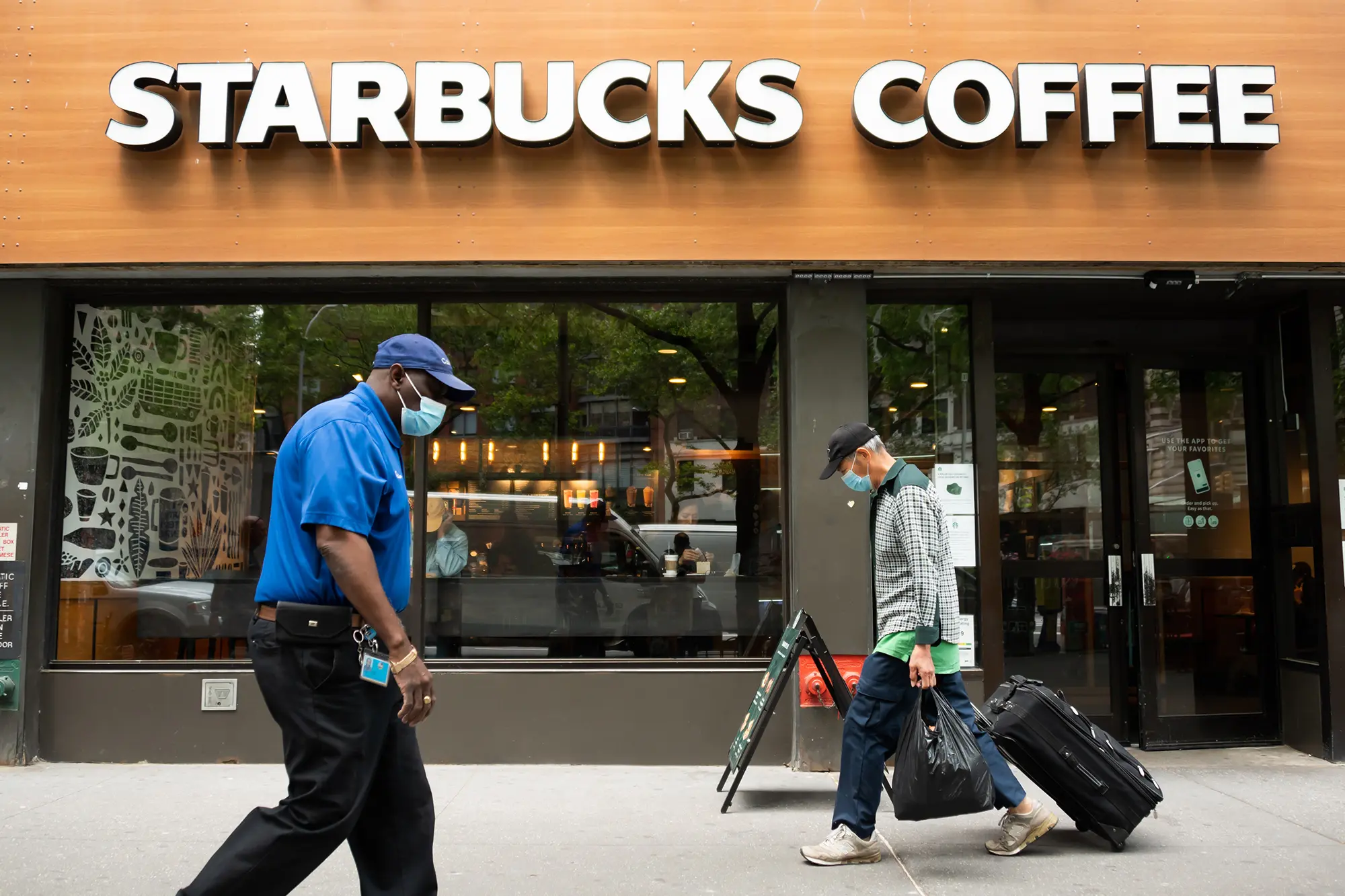Already a subscriber? Make sure to log into your account before viewing this content. You can access your account by hitting the “login” button on the top right corner. Still unable to see the content after signing in? Make sure your card on file is up-to-date.
The Supreme Court overruled a lower court’s order that Starbucks reinstate seven Memphis-based employees who had been terminated over an attempt to unionize.
The issue stemmed from the “Memphis Seven,” a group of Starbucks employees dismissed in 2022 during their unionization efforts. They had publicly called out the company’s CEO and held a televised interview to discuss their organizing activities. Starbucks justified the terminations by citing policy violations on the day of the interview, such as off-duty employees going behind the counter and allowing unauthorized access to the store.

Justice Clarence Thomas, representing eight justices, wrote the majority opinion, while Justice Ketanji Brown Jackson partially dissented. The Supreme Court’s ruling challenges the previous, more lenient standard used to issue “10(j) injunctions,” which can compel companies to reinstate employees or maintain the status quo during National Labor Relations Board (NLRB) investigations.
The new ruling demands a more stringent four-factor test for these temporary injunctions, making it harder for the NLRB to secure such orders.
The new ruling demands a more stringent four-factor test for these temporary injunctions, making it harder for the NLRB to secure such orders. While the NLRB only pursues these injunctions in a limited number of cases each year, the Supreme Court’s decision now imposes a higher threshold for obtaining them in court, potentially affecting future labor disputes.






